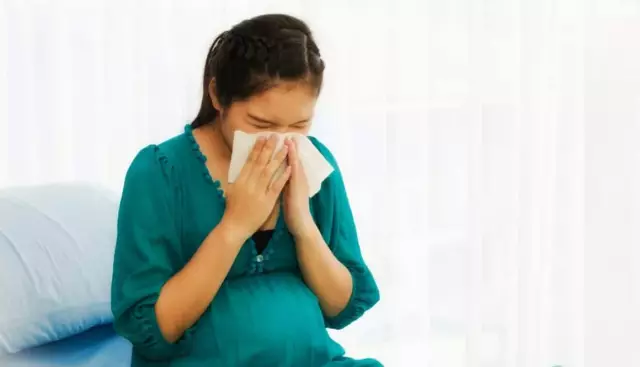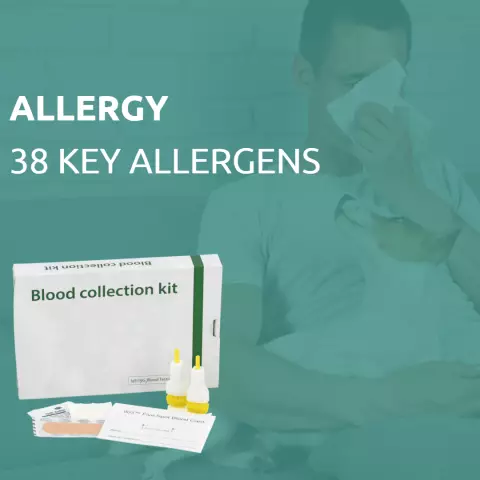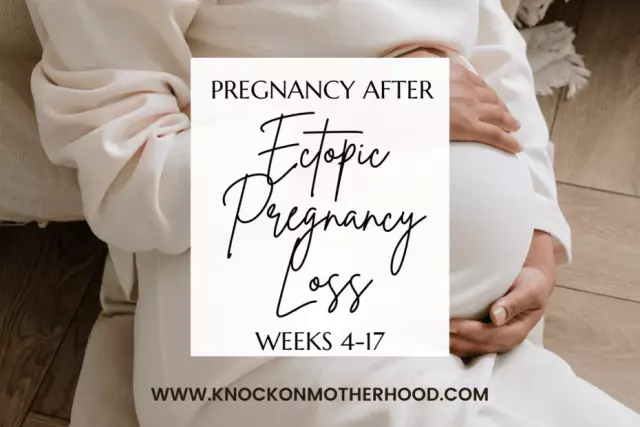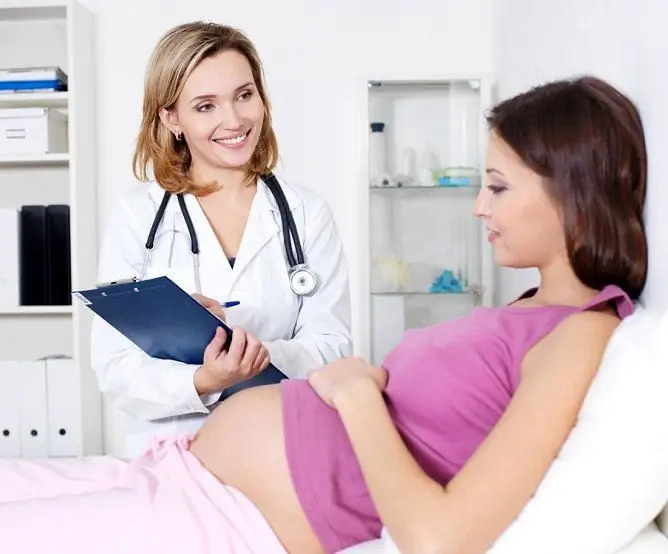- Author Rachel Wainwright wainwright@abchealthonline.com.
- Public 2023-12-15 07:39.
- Last modified 2025-11-02 20:14.
Allergy during pregnancy

Allergy is an increased sensitivity of the body to certain environmental factors (allergens). Allergy is not a disease, but a reaction of the immune system to a substance that has entered the body. Common symptoms of an allergic reaction can be rhinitis, tearing, shortness of breath and bronchospasm, skin rashes and blemishes, headaches and others. Allergies during pregnancy are characterized by the same symptoms. Predisposition to allergic reactions, hypersensitivity of the body are not subject to drug correction. In case of exacerbations of allergic reactions, symptomatic treatment is used, selected by the attending physician in each individual case.
Allergies during pregnancy: general information
Allergy during pregnancy occurs in approximately 35% of women who have never observed hypersensitive reactions of the body to substances before the moment of conception. In some cases, allergic reactions are interpreted as early signs of pregnancy.
As a rule, allergy in pregnant women does not affect the development of the fetus (antigens and antibodies do not penetrate the placental barrier) and the course of pregnancy itself, however, it can significantly worsen the woman's condition. Some manifestations of allergic reactions can still have a negative effect on the fetus. So, with bronchial asthma, fetal hypoxia can develop.
Allergic reactions during pregnancy can develop as a result of powerful hormonal changes in the body, which usually returns to normal by 12-14 weeks of pregnancy.
If signs of allergy are detected in pregnant women, it is highly discouraged to take any measures aimed at eliminating the symptoms, even if the drugs and alternative methods of treatment were well tolerated by the body before pregnancy.
There are 4 types of allergies during pregnancy:
- Pregnancy provokes the first allergic reactions - in this case, it is necessary to contact an allergist as soon as possible to carry out allergic tests and exclude contact with allergens;
- Pregnancy does not affect the course of allergies - in such situations, it is also necessary to consult an allergist who will give recommendations on the use of drugs;
- Pregnancy worsens allergy symptoms - extremely rare cases, they require immediate medical attention to normalize the condition of the pregnant woman;
- Pregnancy improves the symptoms of allergies - during pregnancy, the production of the hormone cortisol, which has an anti-allergic effect, increases in a woman's body, which explains the easier course of allergic reactions during pregnancy.
Seasonal allergies during pregnancy: symptoms, prevention methods
Seasonal pregnancy allergies require close medical supervision. If a woman has suffered from allergic reactions before pregnancy, then there is a high probability that the ingestion of an allergen into the body during pregnancy will also cause an allergic reaction. Knowing which allergen causes seasonal allergies can easily prevent allergic reactions during pregnancy. So, if there is an allergy to pollen, the flowering of certain plants, then in this case, doctors recommend, in addition to antiallergic drugs, to limit the effects of allergens on the body:
- Exclude visits to places with a high concentration of pollen in the air (gardens, parks, summer cottages, trips out of town);
- Avoid contact with substances containing allergens;
- Wet cleaning the house more often;
- Eliminate the penetration of allergens into the house by covering the windows and vents with damp gauze when ventilating, remove carpets, curtains, soft toys that collect dust.
If seasonal allergy occurs within 1-2 months, then when planning pregnancy, it is recommended to exclude the allergic period if possible.
During seasonal allergies during pregnancy, it is necessary to follow the rules of personal hygiene, which will significantly help alleviate the symptoms: rinsing the mucous membranes of the nose and eyes, and cleansing the nostrils.
Allergy in pregnancy: treatment, recommendations for prevention
Allergies in pregnant women are complicated by the fact that not all antiallergic (antihistamines) drugs are acceptable. During pregnancy allergies, treatment should be carried out under the supervision of a gynecologist and allergist. If an allergy occurs for the first time during pregnancy, the allergens causing the reaction should be identified first. After determining the allergens, it is necessary to analyze the situation and exclude the exposure of the pregnant woman to allergens. Most often, allergic reactions occur to certain foods, cosmetics, household chemicals.
If an allergy occurs during pregnancy, treatment with external preparations should also be carried out only in consultation with the attending physician.

So, vitamins will help to somewhat reduce the manifestation of symptoms and alleviate the course of allergies during pregnancy:
- Vitamin C helps to minimize attacks of respiratory allergies, as well as prevent the occurrence of anaphylactic reactions;
- Vitamin B12 is a natural antihistamine that can reduce the symptoms of asthma, dermatitis, sulfite sensitivity;
- Vitamin B5 (pantothenic acid) helps to cope with allergic rhinitis;
- Vitamin PP (nicotinamide) helps to relieve attacks of pollen allergy;
- Zinc helps to reduce the manifestation of reactions to allergens contained in household chemicals, cosmetics, perfumes;
- Fish oil, linoleic acid prevent the development of inflammatory processes against the background of allergic reactions.
It should be remembered that vitamins can also act as allergens. Before taking additional vitamins during pregnancy allergies, treatment must also be discussed with your doctor.
Allergy tablets during pregnancy: use, contraindications
During allergies during pregnancy, a woman is advised to refrain from taking medications. If allergies during pregnancy are accompanied by mild symptoms, then eliminating direct exposure to the allergen will help to cope with them. In case of severe symptoms (swelling of the nasopharynx, asthma, which entails the likelihood of fetal hypoxia), it is necessary to consult a doctor who will prescribe pills for allergies during pregnancy. So, the drug Diphenhydramine, which is popular for allergic reactions, can provoke a contraction of the uterus, and the drug Tavegil negatively affects the development of the fetus.
Taking pills for allergies during pregnancy, you should constantly monitor their effectiveness. When treating allergies with medications during pregnancy, the doses taken should be minimal. The period of use of the drug should be as short as possible. When choosing an antiallergic drug, it is better to give preference to proven drugs than to those that have just appeared on the market.
YouTube video related to the article:
The information is generalized and provided for informational purposes only. At the first sign of illness, see your doctor. Self-medication is hazardous to health!






